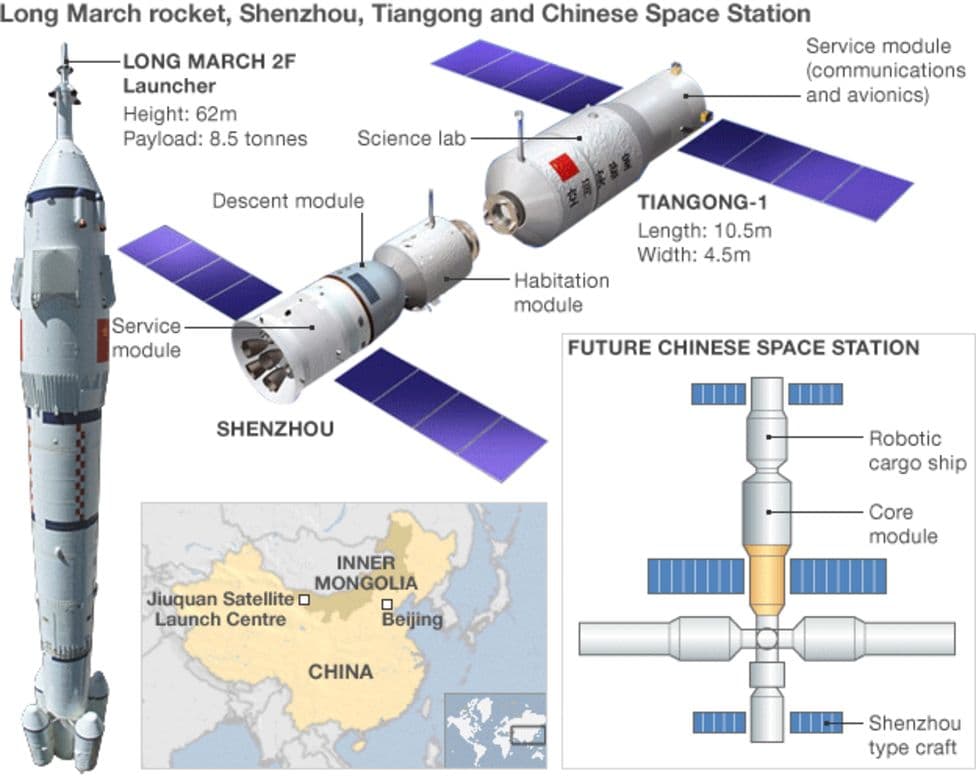NATO Buys Google Cloud Sovereign Platform to Run Classified AI
Google Cloud said on Nov. 24, 2025 that it signed a multi million dollar contract with NATO’s Communication and Information Agency to deliver an air gapped sovereign Google Distributed Cloud environment for the alliance. The platform is intended to let NATO run AI models and analytics on premises for classified and sensitive data while preserving data residency and operational control, advancing alliance digital modernization.

Google Cloud announced on Nov. 24, 2025 that it had signed a multi million dollar contract with NATO’s Communication and Information Agency to deliver a sovereign, air gapped Google Distributed Cloud environment to support the alliance’s Joint Analysis, Training and Education Centre. The arrangement is designed to provide secure, on premises cloud infrastructure able to run artificial intelligence and analytics workloads for classified and sensitive data while maintaining strict data residency and operational control.
The company said the Google Distributed Cloud air gapped product isolates workloads from public networks and is positioned as a sovereign cloud solution for NATO allies seeking to apply advanced AI tools without exposing classified information to external networks. NATO and Google Cloud executives described the contract as part of efforts to bolster alliance digital modernization and to build secure AI capability across training and analysis missions. The platform is slated for phased integration in the coming months.
The contract reflects a growing emphasis within Western defense establishments on creating cloud environments that meet stringent national security requirements while enabling computationally intensive AI work. For NATO, the platform will be used by JATEC, which provides analysis, training and education services to member nations. Officials framed the procurement as enabling more sophisticated simulation, training analytics and joint operational analysis that rely on large datasets and machine learning pipelines.
Technically, an air gapped environment means compute and storage systems are configured to have no direct connectivity to public internet routes. That reduces a set of remote attack vectors but shifts emphasis to physical security, supply chain integrity, key management, software update processes and tightly controlled data flows. Running modern AI at scale in such an environment presents logistical and engineering challenges because model development and large scale training often depend on distributed tooling and periodic access to external model repositories and updates.
The deal also raises governance and oversight questions for NATO and its members. Sovereign cloud deployments aim to give nations and alliances more control over where data rests and who can access it, but they can create complex dependency relationships with commercial cloud vendors. Issues that typically surface in such procurements include contractual clarity on who can access underlying code and management planes, assurances against foreign state access, audit rights for alliance bodies, and compatibility with national export controls and classification regimes.
Beyond technical and legal concerns, the procurement touches on ethical considerations around defensive uses of AI. NATO will need mechanisms to evaluate the safety, bias and explainability of models used for training and analysis, and to set policy limits on operational employment. Effective use of the new platform will require investments in skilled personnel and robust processes for model validation and secure software lifecycle management.
The Google Cloud agreement marks a visible step in NATO’s effort to combine cutting edge AI capability with the operational security demands of an alliance that spans multiple legal jurisdictions. As the platform is deployed, attention will turn to how NATO balances the agility needed for advanced analytics with the controls required to protect classified systems and allied data sharing.


